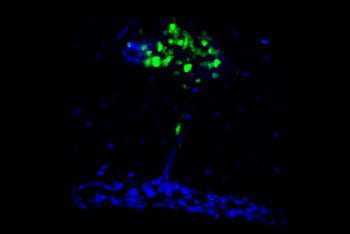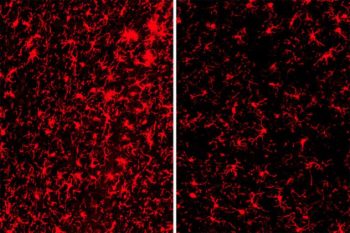Roughly one in five cancer patients benefits from immunotherapy – a treatment that harnesses the immune system to fight cancer. Such an approach to beating cancer has seen significant success in lung cancer and melanoma, among others. Optimistic about its potential, researchers are exploring strategies to improve immunotherapy for cancers that don’t respond well to […]
Gut bacteria boost immune response to fight tumors







